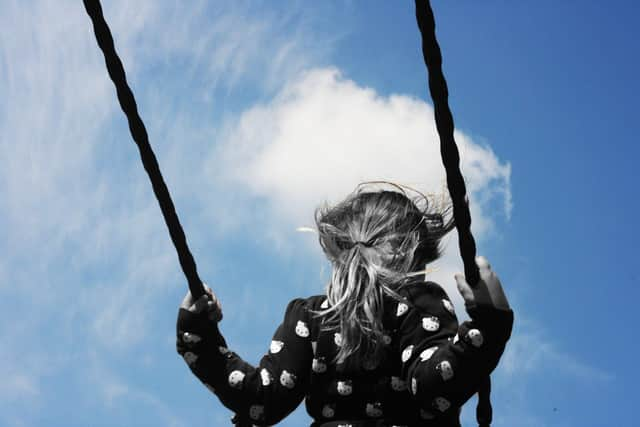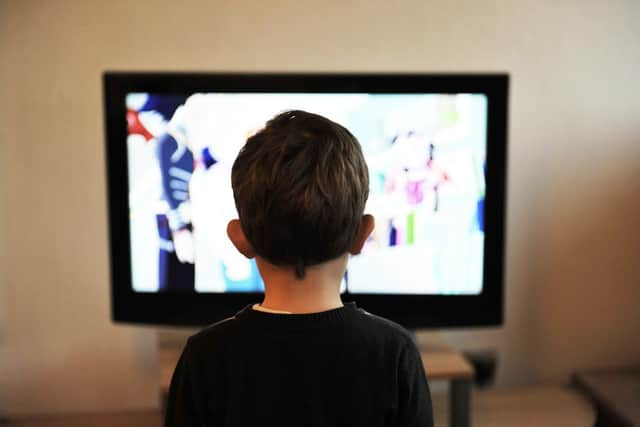How to talk to children about corona virus and other difficult issues that arise in the news


As adults, I think we would all agree that what we are feeling seems almost surreal. I sometimes feel like I have become an extra in a film I am watching!
It can sometimes feel like the we are bombarded with constant negative news wherever we look or listen. Much of the same news is also overplayed on every different media platform possible: TV, radio, newspapers, internet and social media.
Advertisement
Hide AdAdvertisement
Hide AdSo how might our children be feeling about this and how can we support them as best as possible at this time?


For children, this information can be subliminally sinking into their subconscious minds over time and can begin to activate more intense feelings of worry, anxiety and distress.
I noticed something similar happening with my daughter, who was the same as age as Madeleine McCann at the time she was abducted.
She never seemed to be consciously aware of the story and was often playing or distracted with other entertainment as most three-year olds would be, whilst we were hearing daily updates of the story that dominated world news.
Advertisement
Hide AdAdvertisement
Hide AdSeveral months later, she began to show concerns at bedtime about someone coming into the room to take her and not bring her back. This information mirrored the news story which had clearly impacted on her emotional brain and triggered feelings of distress.


We were able to ease the situation over time through lots of reassurance, challenging her worries and reminding her daily how much we loved
her and that it was our job to keep her safe - always.
Never underestimate what our children are hearing. We can neither change the impact coronovirus is having on us all, nor some of the distressing things that happen in the world, but our job as parents and carers is to protect our children’s innocence for as long as possible and help their minds develop without unnecessary stress and upset.
Top tips for talking to children about corona virus and difficult issues in the news


Advertisement
Hide AdAdvertisement
Hide Ad When your children ask questions, answer them. However, it is important that we don’t overwhelm them by giving them too much information. A good test is to ask them what they know already and then give them just a little bit more information than they already have. This will satisfy their curiosity and longing
for facts, but within their correct zone of understanding
Use this situation to educate children on the important habits we all need to be practising. A generation of children who learn to wash their hands properly will not only protect us from the coronavirus spread today, but also other illnesses that will spread easily amongst children when they are back in the playground
Reduce the amount of time negative news is broadcast to your children


Deal with the situation as calmly and rationally as possible under the circumstances. If your anxieties are heightened about the event, then it will cause your children to feel even more worried about the issue in question
Advertisement
Hide AdAdvertisement
Hide Ad When tragic events happen, remind children that these are still rare events
Remind them of all the wonderful things that happen in the world that the news always doesn’t report. Many people are recovering from coronavirus and genuine acts of kindness are being activated to unite us at a time when separation is being asked of us
Reinforce all the brilliant professions and services that work so hard to keep us safe and look after us if we do get ill
Go above and beyond with your role as caring, protective parents and carers so that your children feel as secure as possible within their changing world at this time
By Andrea ChattenFounder and Lead Children's Emotional & Behavioural Psychologist at Sheffield’s Unravel and author of The Blinks novels supporting children's well-being
unravelsupport.co.uk